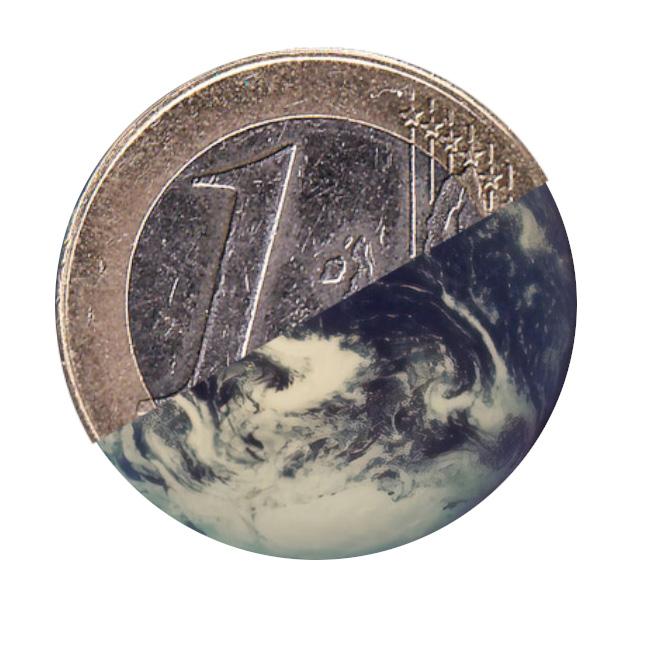SOCIAL.
The Sustainability Question Animosity towards the fast fashion industry is growing as a result of the unethical conditions that workers are being subjected to. Máiréad McCarthy examines why brands can call themselves sustainable without addressing their human rights violations.
In
the wake of December and
the
beginning
of a new year, the shop windows of Dublin gradually transform from glossy, snowcovered
advertisements,
to
red heart-shaped attractions before making a brief, green splash, accompanied by Irish tunes. This is the disjointed collection
of
holidays
that
guide consumers into another wave of materialistic spending each year, as the cacophony of
thousands
overpowers
16
of the
shoppers incessant
chime
of
cash
Words by Máiréad McCarthy Kirwan
registers. their stock from shopping
Recently, a voice that struggled shelves in order to avoid further to be heard over this clamour backlash and the potential was that of a six-year-old girl threat of other messages. With who, upon opening a packet a crisis averted, newspaper of Christmas cards, discovered headlines and subsequently the message; “forced to work public outrage faded into the against our will”. The author melodic backdrop of Christmas of those words wrote them tunes, with fleeting updates on from a prison in the Qingpu the fate of those anonymous district of China; the world’s authors in Quingpu. leading manufacturer of goods.
The incident provides
The shock and outrage that a terrifying insight into a emerged from this revelation world with almost 40 million was swiftly investigated by enslaved inhabitants, that few Tesco - the producers of the could imagine fitting inside cards - who then withdrew the margins of a Christmas







